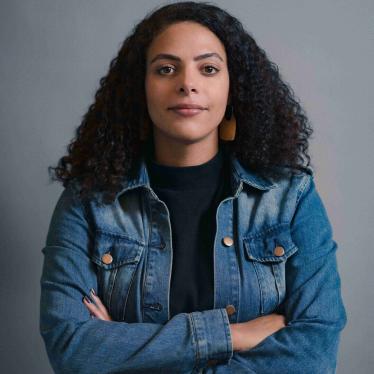Last week marked one year since New York became the first city in the United States to open overdose prevention centers (OPCs), which have prevented more than 600 fatal drug overdoses since opening.
The two OPCs, run by OnPoint NYC, offer people who use drugs a safe environment to consume and be connected to voluntary treatment and social services if needed. These clinics take a health-based, holistic, and non-punitive approach to drug use, offering harm reduction services that meet people who use drugs “where they are” and reduce some potential harms of drug use. These services include syringe exchange, HIV and Hepatitis-C testing, mental health services, and counseling for problematic substance use.
Studies have shown supervised injection facilities, like the OPCs in New York, help reduce overdose deaths without an increase in crime or nuisance activities in surrounding neighborhoods. OPC staff also participate in syringe and drug paraphernalia cleanups in communities.
Getting to watch lives change and showing the public overdose prevention centers work has been meaningful work, Sam Rivera, Executive Director of OnPoint NYC, shared at a recent briefing on lessons learned from opening OPCs. “People don’t have to die ever again … stigma attached to human beings is to me what causes death.”
In 2021, before the OPCs opened, 5,841 people in New York state died from drug overdoses, 1,700 more than the previous peak in 2017. In the third quarter of 2021 in NYC alone, there were 709 overdose deaths, the highest recorded in a single quarter.
This amounts to a staggering average of one drug overdose every three hours across the city.
This data tracks trends at the national level, where drug overdose deaths continue to rise, with more than 107,000 deaths reported in the US from December 2020 to December 2021, roughly a 15 percent increase over the prior year.
US drug laws prioritizing criminalization do not address the root causes of problematic drug use, such as barriers to accessing mental health and voluntary drug treatment services. These laws have also had devastating impacts in communities of color. In 2020, overdose deaths increased significantly among Black and Indigenous populations, by 44 and 39 percent respectively, over the previous year.
One year later, evidence shows that New York City prevention centers are working. They provide a model for other cities to follow.










